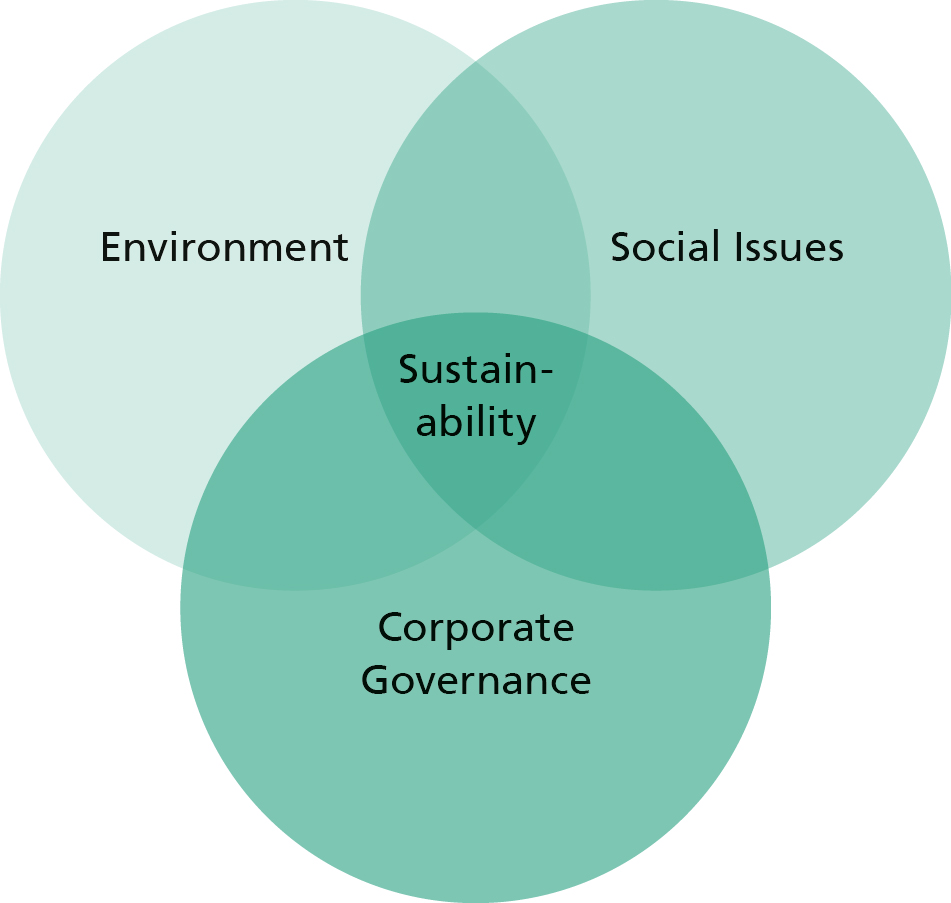Sustainability Ratings as Decision Support
Sustainability ratings are used to quantify sustainability and actively integrate it into investment decisions. The calculation methodology used by the rating agencies differs greatly due to different catalogues of criteria and a lack of regulation. In most cases, however, the sustainability rating is based on two sources of information. On the one hand, internal company information is used, which is collected via questionnaires or in exchange between the rating agency and the company. On the other hand, publicly accessible information (company information, reports from NGOs, press releases ...) is used. The result is a rating similar to that of a financial rating.
Differences in Sustainable Investment Approaches
A typical feature of sustainable investment concepts is so-called screening on the basis of selected criteria. Negative criteria mean that industries in which potential investments could be made are excluded. Examples are the manufacture and trade of armaments or tobacco. In addition, positive criteria are used to consider only those investment opportunities that have outstanding ecological and/or ethical aspects.
In contrast, the best-in-class approach identifies only those investment opportunities that – according to the sustainability rating – are leading in their respective industries. Hence, there is no general exclusion of sectors.
Regulation and Research Synergies
One challenge is the standardisation and classification of sustainable investments, for which the EU Commission has set up a Technical Expert Group (TEG). In addition to these points, its action plan for financing sustainable growth includes reporting and disclosure requirements. It is intended to be a central component in the implementation of the Paris Climate Convention and the achievement of the Sustainable Development Goals (SDG).
In research in this area, we work closely with Professor Sebastian Utz of the University of St. Gallen and the Fraunhofer Center for International Management and Knowledge Economics IMW.

